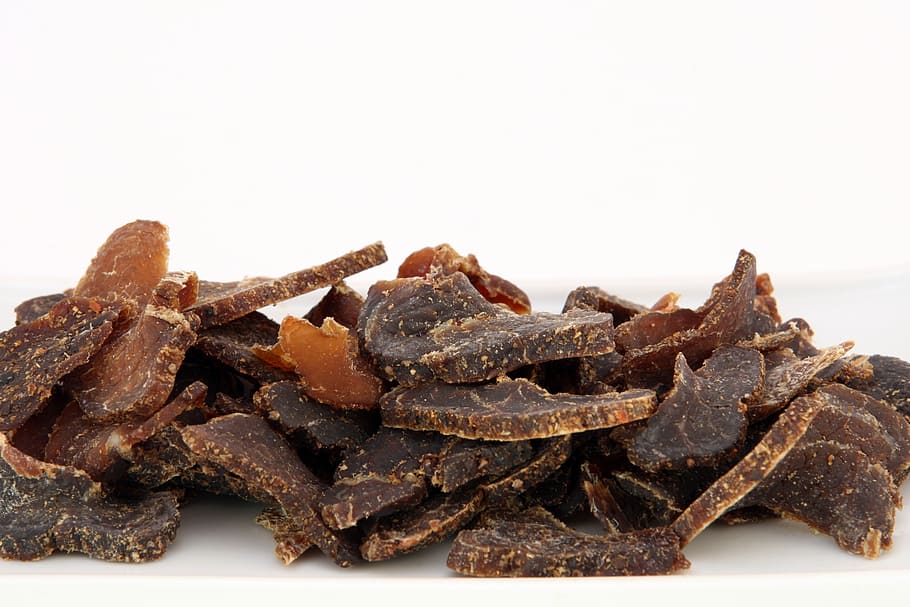Bear meat: You never know whether a bear has trichinosis. The frequency of trichinosis varies by region. For example, William Zimmerman of Iowa State University, who has studied trichinosis and the cooking of meats that might be suspected to have trichinella, said only one in 30 black bears taken in Wisconsin had trichinella, but one in seven black bears taken in California had it. Trichinella stayed alive in bears taken in the Arctic for a year when frozen at 5 degrees. It apparently adapted to the climate. Essentially, Zimmerman said, prolonged freezing does not kill trichinella.
But cooking does, if the meat reaches an internal temperature (tested with a meat thermometer) of at least 170 degrees. This is also true for pork and any other animals that might carry trichinella.
If you’re accustomed to using a smoker — especially with higher heat than specified in these recipes — you’ll probably need to adjust our recommended smoking times. Each type of smoker varies, so when you add the variables of humidity, heat and personal preferences, you can easily see why some experimentation with methods, temperature, moisture, microwave and smoker wattage, and meat quality and thickness might be necessary before you find the recipes you like best.


